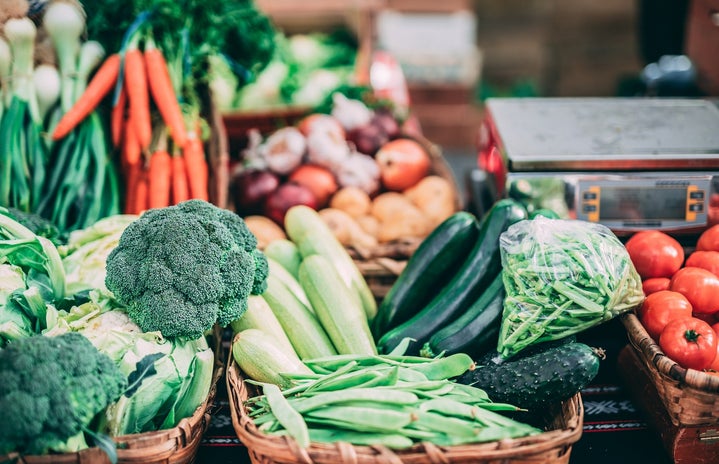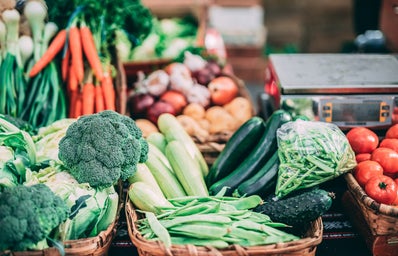Recently, talk of global climate change has been all over the news following the California wildfires, smoke reaching parts of the East Coast, an intensified hurricane season and cooler temperatures settling early in the next coming weeks. While to some this may seem normal, it is anything but. Climate change is ramping up now more than ever — and it’s time to act. As a consumer, we can make choices like ditching plastic straws, boycotting Amazon, or switching to reusable water bottles.
However, something even more impactful for the environment could be switching your diet and reducing meat intake.
Related: Ending 2019 as the Second Hottest Year on Record
According to the BBC, the planet has warmed as much as one degree Celsius in the past 250 years, largely due to the increasing carbon dioxide and methane gas being released into the atmosphere. These emissions are produced by numerous countries and corporations, however, individuals’ decisions have an impact as well.
The meat and dairy industries contribute some of the highest levels of fossil fuel emissions into the air. PETA stated, “Producing a little more than two pounds of beef causes more greenhouse-gas emissions than driving a car for three hours and uses up more energy than leaving your house lights on for the same period of time.” Alongside this, the livestock industry uses up valuable resources like water and land. Cutting out meat could reduce your carbon footprint significantly.
While all of this information can seem daunting, it’s easier now more than ever before to switch to a plant-based, vegetarian, or vegan diet. Products like Impossible Meat are becoming readily available at fast-food chains like Starbucks, Burger King, and Red Robin. The rise of social media influencers has also increased accessibility to resources surrounding healthier, plant-based diets due to various fad or trend diet regimens. The more visibility these platforms give to veganism and the impacts on the environment, the more likely young people will care about the issues at hand.
Related: COVID-19 and Climate Change
Whether or not you’ve taken the time to consider the implications your food has, it’s never too late. If you’re curious to test out a plant-based diet or afraid of committing fully vegan or vegetarian, don’t let that deter you. Switching as little as one meal a day or trying Meatless Mondays can make a huge difference. The goal isn’t to cut out all meat cold turkey, but rather by slowly molding and changing your mindset to something bigger. By simply deciding to choose a pasta dish or meat-free sandwich, the pathway to a healthier lifestyle and positive impact on the environment is being carved in your mind.
The future of the environment can seem very bleak, especially with the unveiling of the giant “climate clock” in Times Square. While time is running out, it’s not too late for all of us to do our part to try and reverse the current course Earth is going down. Make sure to use your voice and vote this November, as well as contact local representatives about improving climate actions within the United States.
Don’t give up hope, collegiettes. With actions as small as eating less meat, the environment can be positively impacted.



